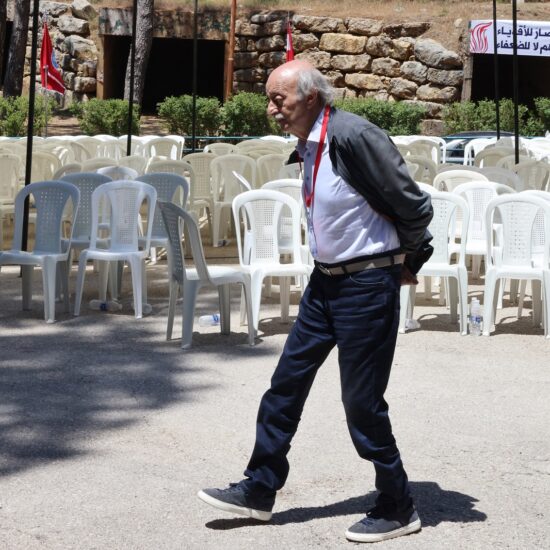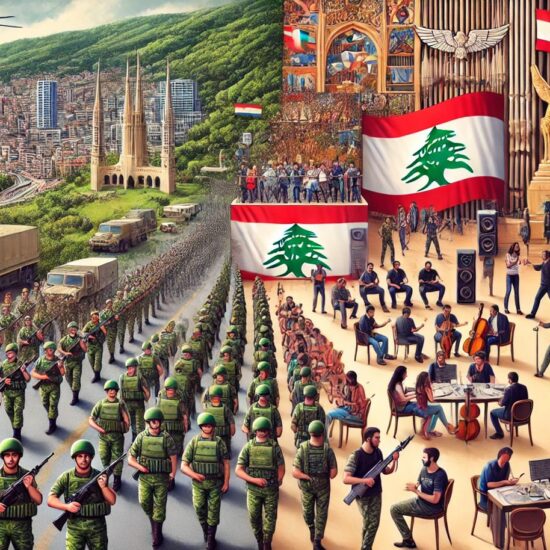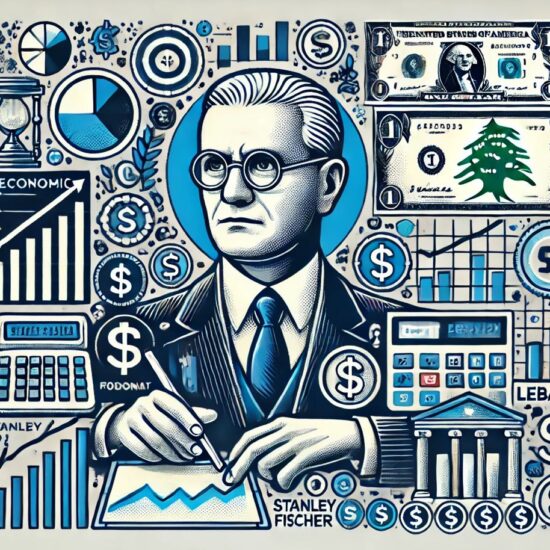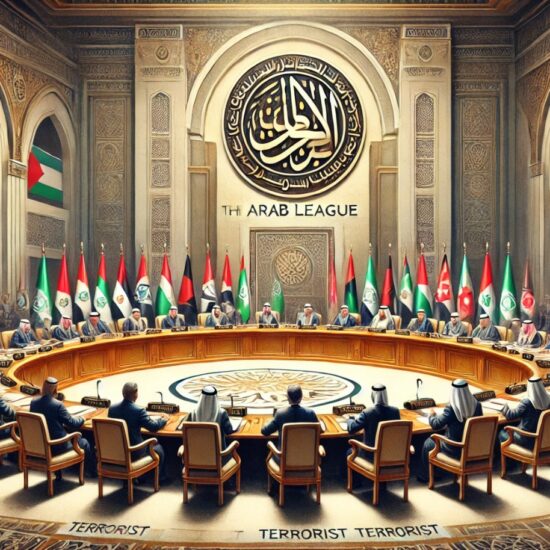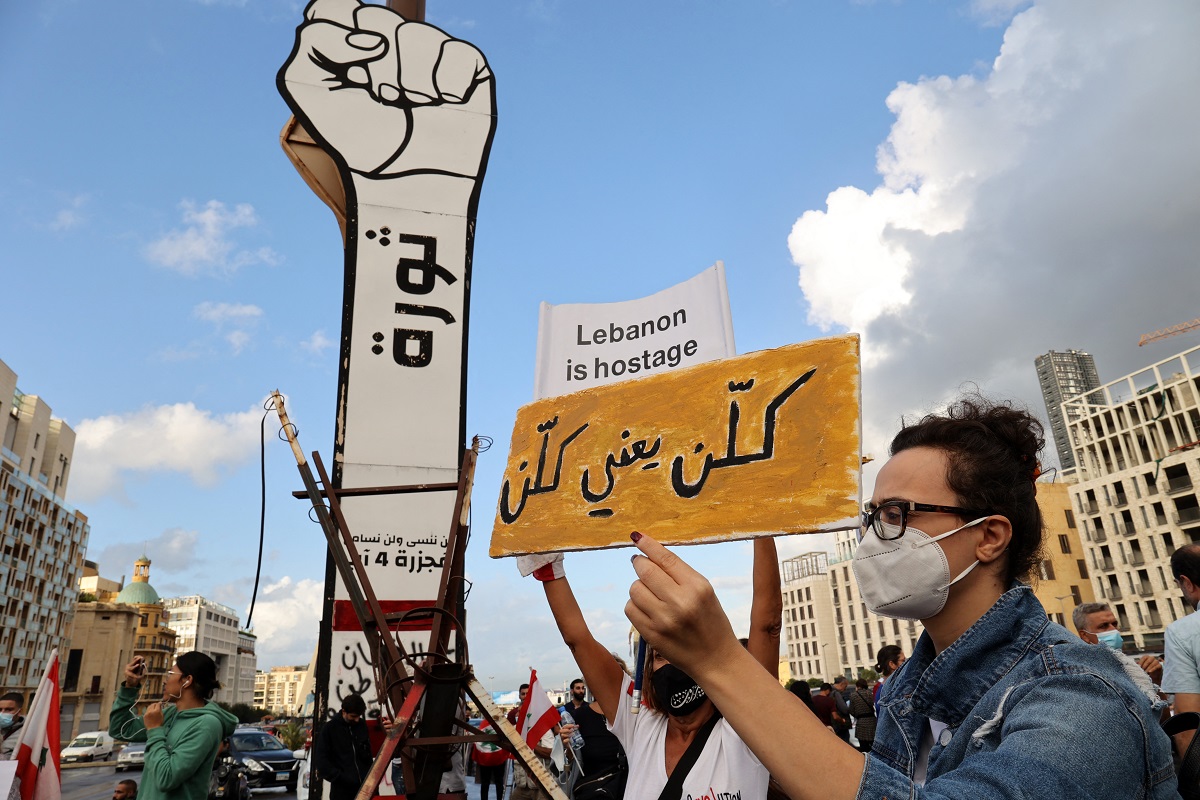
Navigating crises, seeking change, and hoping for a better future - through the perspective of Lebanon's youth.
Lebanon is grappling with an unprecedented economic, financial, social, and judicial crisis, deeply rooted in decades of corruption and policies favoring the ruling class and its financial sector allies. This crisis is evident in the takeover of state institutions by entities akin to a “mafia” and “militia,” exacerbated by dangerous policymaking that poses risks for the future, particularly in times of war like the present. I write this as a young individual striving to make my voice heard in a context where chaos, irrationality, impunity, and injustice prevail.
For more than 30 years, promises of reform have been a tool for avoiding accountability, obstructing democracy, and perpetuating sectarian divisions. This status quo extends beyond the facades of institutions, as it cannot face those it has exploited; such an action would imply self-condemnation. Meanwhile, as financial reform policies are delayed and the country teeters on the edge of potential war, the ruling class ignores the societal costs of its existence, leaving the youth with no choice but to reluctantly leave Lebanon in search of opportunities—a decision more out of compulsion than freedom.
Budget Saga
Annually, the budget discussion offers an opportunity to reflect on three decades that have profoundly influenced public finance management. A significant challenge emerges as politicians consistently overlook the fundamental stages of budget promulgation, undermining fiscal responsibility and transparency. By law, the parliamentary approval of the audited closure of public accounts from the previous year, encapsulated in a settlement law, is crucial for passing the national budget. This process is essential for enabling Members of Parliament to scrutinize and oversee government budgetary implementation. However, since 2020, and even before, there has been a concerning shift as the Finance Ministry ceased producing the necessary accounts for settlement laws. This deviation from established procedures has left the country navigating without the necessary legal frameworks, raising questions about transparency and accountability and highlighting the urgent need for reforms to restore fiscal discipline and ensure responsible governance in Lebanon.
This year, the contrast between the budget’s concerning aspects and the deep economic, social, and financial challenges, exacerbated by the impact of war, underlines a strategy of postponing responses to pressing issues. This approach not only jeopardizes societal foundations but also depletes vital capital and resources. Moreover, there is a reluctance to embrace critical reforms, such as forensic audits, accountability for decision-makers in the financial sector, and the restructuring of banks. Despite widespread recognition, these reforms face persistent delays by the “mafiocracy,” driven by the motive of buying time, avoiding accountability, and protecting the interests of powerful financial elites.
Presidential Saga
The absence of a President, and consequently, a fully functioning government, implies the postponement of crucial political and economic measures, as well as international agreements such as the pending IMF deal. The presence of a President is undeniably crucial, forming a constitutional obligation. However, many parliamentary blocks are aware that their positions lack the power to significantly impact the presidential process. Yet, some persist in engaging in peripheral battles, such as disputes over the quorum of parliamentary sessions dedicated to elections, or proposing initiatives with predetermined outcomes—strategies that may lead to reputational damage through the “burning of names.”
This reality, evident in historical patterns, shows that politicians often await regional and international political agreements before proceeding with Lebanon’s presidential election. External factors consistently play a decisive role in significant events, particularly in presidential elections, under various circumstances. Given the current local and international conditions, there is a near-consensus that these external factors will play an even more substantial role.
Foreign Policy Saga: Declaration of War & the Maritime Border Deal
Hezbollah has played a role in dismantling any project aimed at building a nation that invests in its society and builds its defensive capabilities. The party has dictated Lebanon’s external choices, with institutional weakness being the culprit.
In this perspective, the maritime border agreement has been hailed as historical, although many experts anticipated a fairer resolution. Surrendering our maritime wealth was deemed entirely normal. However, what is rendered “abnormal” by Hezbollah’s political class and sympathizing intellectuals is expressing a different opinion about involving Lebanon in this conflict and reclaiming the state’s role. Rather, this is where everything related to bloodshed begins.
On the opposite side, the sectarian counterpart of Hezbollah, specifically the Lebanese Forces party, managed to convince a significant number of opposing public that the project of building the state has come to an end, and Lebanon is now facing inevitable division. With federalism looming on the horizon, the absence of any effort towards the reconstruction of the Lebanese state is striking between these two extremes whilst the country is heading towards greater paralysis and further erosion of what’s left of its institutions.
Conclusion: An Open Message
The reality is that Lebanon urgently requires a robust government, a president, a comprehensive plan, meaningful reforms, and an independent judiciary. However, these essential elements are not aligned with the interests of Hezbollah and other sectarian forces.
Above all, parliamentary members, particularly those facing criminal accusations related to the investigation of the Beirut port explosion, should refrain from hastily labeling others as “mafia participants” before at least having the willingness to confront a judge.
Today, Beirut feels like a combination of vibrant nightlife and fully booked restaurants on one hand, and the evident crumbling of state institutions and basic social health on another. The authorities leave the citizens to handle their own affairs, as opposed to addressing immediate issues and urgent policy.
As a consequence, authorities often exploit such situations, either to solidify and affirm their existing dominant position, or to assert control and wield influence. This manipulation of circumstances allows them to further consolidate power, whether by strengthening their current standing or by extending their reach over various aspects of governance and societal dynamics. Such practices enable authorities to shape narratives, manage perceptions, and strategically position themselves to maintain or enhance their influence within the broader political and social landscape.
The only comforting aspect is that, through resistant faces and endless youthful potential, we shall find reassurance, one day.
Elissa Bou Nader is a Lebanese writer, law graduate from Saint Joseph University of Beirut, currently pursuing a master’s degree in international business law in Paris, she is on twitter @Elissa_BouNade
The views in this story reflect those of the author alone and do not necessarily reflect the beliefs of NOW.




